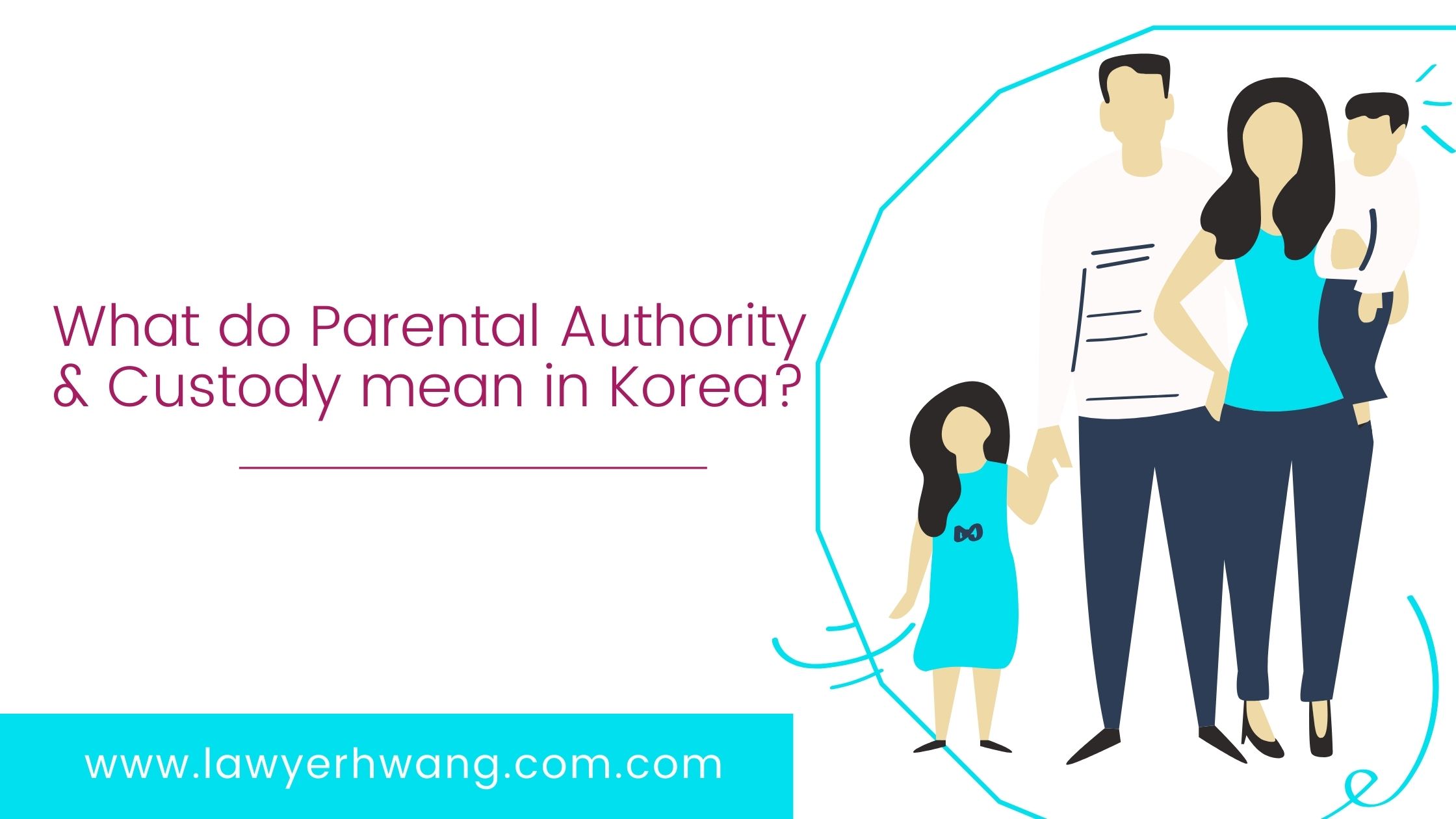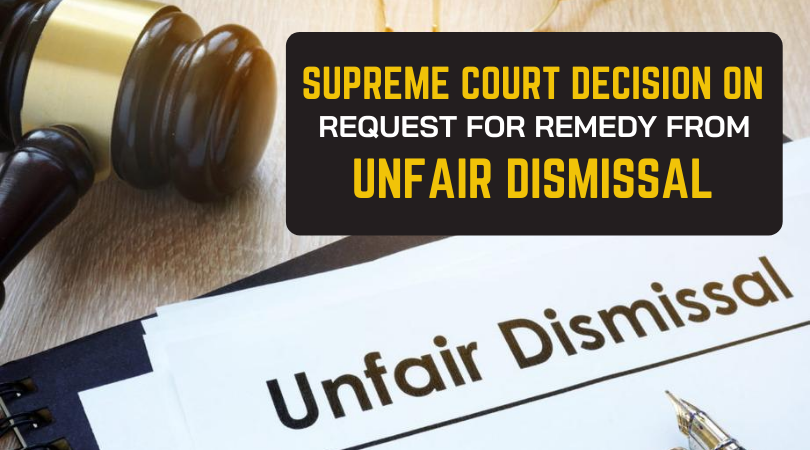
Is it illegal to have an affair with a married person even if the marriage has been already broken?
September 9, 2024
Son Born out of Wedlock Exempt from Punishment for Harborning Criminal?
January 8, 2025Will the Korean Family Court disadvantage a foreign parent in a custody case?
Many of my foreign clients ask if there are any disadvantages for a foreign parent in a divorce court when they consult me about child custody. The Family Court gives the best interests of the child the highest priority when deciding custody. When considering the best interests of the child, the court takes into account who the child feels closer to, who is the current primary caregiver, who is willing to raise the child, whether the parents have personality issues, and who has more financial ability. If the child is 13 or older, the judge must also hear the child’s opinion. So then, is the nationality of the parent a determining factor in child custody?
A few years ago, the Supreme Court ruled that the court should not conclude that a foreign parent is unfit to have custody of a child simply because he or she lacks the ability to communicate in Korean (Supreme Court 30 September 2021, 2021meu12320, 2021meu12337). Specifically, the Supreme Court held that if a foreigner divorces before acquiring sufficient Korean language skills, it is not appropriate for the court to decide that the Korean parent shall be the custodian of the child based on an abstract and vague assumption that it would be more appropriate for the minor child to be raised by the Korean spouse than by the foreign spouse who lacks sufficient Korean language skills.
The Supreme Court added that the foreign parent’s Korean proficiency can continue to improve if the parent makes a conscious effort to do so as he or she lives in society. In particular, the Multicultural Families Support Act (the “Act”) stipulates that “the State and local governments shall provide education to develop a better understanding of different cultures and take other measures, such as launching a marketing campaign, to prevent social discrimination and prejudice against multicultural families and to encourage members of society to recognize and respect cultural diversity” (Article 5(1)). The first paragraph of Article 6 also states that “the State and local governments may provide marriage immigrants, etc. with basic information necessary for living in the Republic of Korea (including information related to learning and guidance for children and youth), and assistance in obtaining education for social adaptation, vocational education and training, and Korean language education to improve their communication skills basic information necessary for marriage immigrants to live in the Republic of Korea, and assistance in obtaining Korean language education to improve their communication skills”. In summary, the Family Court should not rush to the conclusion that a foreign parent is unsuitable to have custody of a child just because of his or her lack of Korean skills, and should consider the possibility that the parent can improve his or her Korean communication skills with the assistance of the state or local government.
Blog Articles
Contact Information
201, 160, Seochojungang-ro, Seocho-gu, Seoul, Republic of korea.
Phone: +82-2-535-1235
Mobile: 010 5349 1235
Fax: +82-2-536-1236
Email: [email protected]






































![[Supreme Court Decision – Criminal Law] – On Intent of Defamation](https://lawyerhwang.com/wp-content/uploads/2020/03/Supreme-Court-Decision-–-Criminal-Law-–-On-Intent-of-Defamation.png)
![[Supreme Court Decision – Criminal Law] – On Uploading a “Torrent File” of Obscene Videos](https://lawyerhwang.com/wp-content/uploads/2020/03/Supreme-Court-Decision-–-Criminal-Law-On-Uploading-a-“Torrent-File”-of-Obscene-Videos.png)






























